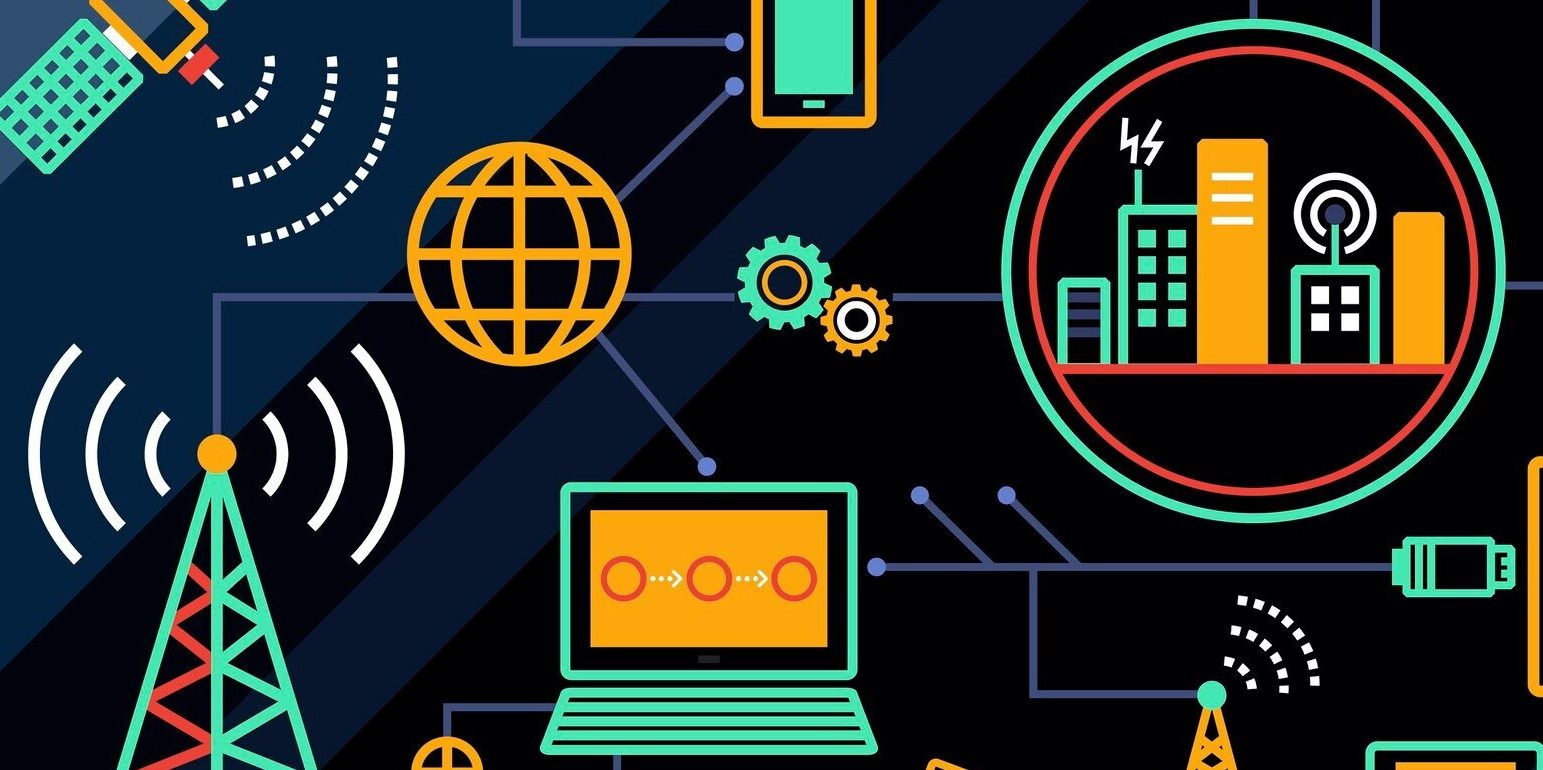On Thursday, June 5, 2025, the National Assembly held its fourth session during which the Budget and Appropriations Committee proposed an increase of Ksh. 50 million recurrent funding for the Directorate of Criminal Investigations (DCI) to procure an “Optimus 3.0” tool for the “Optimus 3.0 Social Media” project. This motion forms part of broader budgetary adjustments, significantly increasing allocations for law enforcement agencies, such as an additional Ksh. 100 million for the DCI “Optimus 3.0 Social Media” forensic lab and Ksh. 800 million for police operations under the Office of the Inspector General.
These allocations are shocking considering the same committee recommends extensive cuts in funding for critical sectors, including education, water storage and flood control projects, and health services. We expected to see an increase in development funds for water storage and flood control, especially after Kenyans’ recurring challenges during the flooding season, and in healthcare, considering the ongoing public health crisis.
This reallocation reflects a prioritization of security and surveillance over essential social services, raising concerns about the government’s commitment to balanced and equitable development. It’s even more concerning when you take into account the rising reports of forced arrests, disappearances, prosecutions, and deaths of Kenyan digital activists. urgent concerns about violations of constitutional and international human rights.
The Rising Trend of Surveillance
Recently, Kenya has witnessed a surge in state surveillance attempts, especially targeting digital activists, journalists, and protesters. Kenyan politicians and public figures have increasingly called for the regulation of social media and online freedom of expression. COTU Secretary-General Francis Atwoli, for example, has urged the government to regulate social media to curb hate speech, misinformation, and incitement, warning that unchecked propaganda could harm the country’s social and economic stability.
Prime Cabinet Secretary Musalia Mudavadi warned the Kenyan youth that careless or malicious online behavior could have lasting consequences, such as jeopardizing future opportunities abroad, including visas, scholarships, or leadership roles. His message was clear “…do not count on hiding. Anonymity is a myth in this digital age. Security agencies and data firms can trace every click, every post, back to you. Your choices today could limit you and your family’s opportunities tomorrow. That is not fearmongering, it is reality.”
Security agencies have reportedly used advanced tools to monitor social media, track online communications, and identify individuals involved in dissenting activities. Some telcos have been implicated in sharing subscriber data without judicial oversight; claims they have vehemently denied despite having collaborative projects with law enforcement to build capacity for national surveillance to “monitor and deter crime and protect national security.”
The recent recommendation to procure “Optimus 3.0 equipment” by the DCI claims to enhance the government’s capacity to monitor social media platforms, ostensibly to support law enforcement. However, this technology’s deployment in an environment marked by repression of digital activists raises alarm bells about privacy violations and suppression of free expression.
Adding to these concerns is the repeated attempts by the Kenyan government to amend digital laws to introduce stringent regulation of bloggers and social media. For instance, the Kenya Information and Communication (Amendment) Bill 2019, popularly known as the “Social Media Bill,” proposed a mandatory requirement for bloggers to obtain licenses from the Communications Authority of Kenya. Blogging under this Bill included the “collecting, writing, editing, and presenting of news or news articles on social media platforms.”
This year, the government has yet again attempted to introduce mechanisms to track citizens’ online behavior through the Kenya Information and Communications (Amendment) Bill, 2025, proposed by Aldai MP Marianne Kitany. This bill introduces considerable loopholes for mass surveillance by:
- Requiring Internet Service Providers (ISPs) to assign unique “internet meter numbers” to every subscriber.
- Mandating ISPs to monitor real-time internet usage and generate consumption-based invoices.
- Compelling ISPs to collect and submit detailed personal subscriber information annually to the Communications Authority of Kenya (CA), including full names, national ID numbers, dates of birth, and physical addresses.
- Introducing mandatory age verification for social media users through national IDs.
While presented as a consumer protection and internet billing reform measure, the bill is clearly one of the many attempts by the Kenyan government to create a mass surveillance infrastructure, enabling it to extensively monitor citizens’ online behavior.
Human Rights Implications
Online surveillance by governments facilitates the undermining of several fundamental rights protected under Kenyan law and international human rights frameworks:
- Right to Privacy: Article 31 of Kenya’s Constitution guarantees privacy protection, including communications privacy. The Kenya Data Protection Act, 2019, requires lawful, transparent data processing. Mass surveillance and forced data sharing violate these protections.
- Freedom of Expression and Assembly: Surveillance fosters fear and self-censorship, curtailing free speech and peaceful assembly (Articles 33 and 37 of the Kenyan Constitution). The arrests and disappearances of digital activists facilitated by digital surveillance violate these rights and international standards (UDHR Articles 19, 20; ICCPR).
- Due Process and Protection from Arbitrary Detention: Targeted surveillance can lead to forced arrests and disappearances without judicial process, which breach constitutional and international safeguards.
Globally, Kenya isn’t the only country grappling with the erosion of privacy rights. The local demand for mass and targeted surveillance reflects a global pattern where governments use digital surveillance tools to suppress dissent and control information flow. Similar abuses involving spyware and mass data collection have been documented in countries like Hungary, Egypt, Russia, Iran, and others. These cases demonstrate how unchecked surveillance erodes democratic freedoms and public trust. Here is a list of confirmed uses of commercial spyware to target journalists, human rights defenders, political opponents, activists, diplomats, and others.
- Human Rights Watch on Pegasus spyware abuses
https://www.hrw.org/news/2022/01/26/human-rights-watch-among-pegasus-spyware-targets
Details abuses in multiple countries, including Bahrain, Hungary, Mexico, Morocco, Rwanda, Saudi Arabia, Togo, UAE, and others. - The Pegasus Project (Washington Post & Consortium)
https://carnegieendowment.org/posts/2021/07/governments-are-using-spyware-on-citizens-can-they-be-stopped?lang=en
In-depth investigation revealing spyware use in over 50 countries, including Mexico, Morocco, Rwanda, and Saudi Arabia. - BBC report on Pegasus targeting activists and journalists
https://www.bbc.com/news/technology-57881364
Covers spyware targeting in Saudi Arabia, Mexico, and more. - Wikipedia summary on Pegasus spyware and affected countries
https://en.wikipedia.org/wiki/Pegasus_(spyware)
Comprehensive overview including Dominican Republic, Egypt, El Salvador, Estonia, Latvia, Spain, Thailand, Tibet, Togo, Uganda, and others. - CyberScoop report on Pegasus targeting journalists in Europe
https://cyberscoop.com/spyware-europe-nso-pegasus/
Focuses on spyware targeting journalists and activists in Europe, including Russian and Belarusian exiles. - Human Rights Watch’s call to regulate the spyware industry
https://www.business-humanrights.org/en/latest-news/human-rights-watch-says-unchecked-spyware-industry-enables-human-rights-abuses-calling-on-governments-to-regulate-halt-trade-in-surveillance-technology/
Discusses the global human rights impact of spyware and calls for regulation. - CIVICUS Lens on spyware targeting civil society globally
https://lens.civicus.org/weaponised-surveillance-how-spyware-targets-civil-society/
Highlights spyware use against activists in Italy, Jordan, El Salvador, Lithuania, Morocco, Togo, and more. - Italian government admits to using Paragon’s Graphite spyware to target journalists and human rights defenders
Evidently, we can no longer remain quiet and ignore the creeping erosion of digital privacy rights and its role in the violation of other human rights. The Kenyan government’s pursuit of enhanced surveillance capabilities through the procurement of Optimus 3.0 and the proposed ICT Amendment Bill, combined with growing political calls for social media regulation, threatens to institutionalize digital authoritarianism. While concerns about misuse of social media are real, these measures risk violating constitutional rights to privacy, expression, and due process, and undermining Kenya’s democratic foundations.
The Tatua Digital Resilience Centre calls on you to:
- Remind policymakers about the human rights risks posed by Optimus 3.0 and the ICT Amendment Bill
- Push for transparent, inclusive policymaking that respects constitutional and international human rights standards
- Demand legal safeguards, independent oversight, and accountability mechanisms to prevent abuse
- Promote the use of digital security tools and training to help citizens protect their privacy online
- Engage Lawmakers to amend or reject provisions that threaten online privacy and freedom




